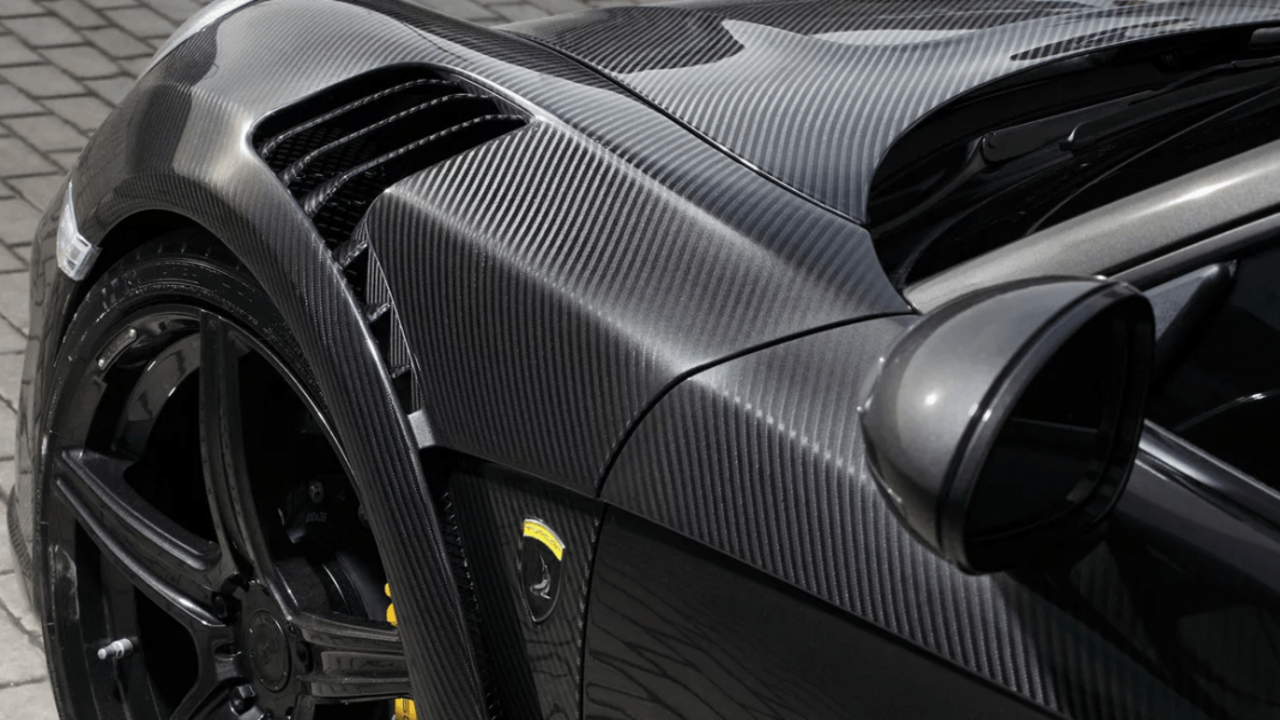The European Union is preparing for a new regulation that closely concerns the automotive industry. In the revision text titled ‘End-of-Life Vehicles’ (ELV), which the European Parliament is working on, carbon fibre is classified as a harmful material for the first time. This development could pave the way for a complete ban on carbon fibre in European cars.
The European Union may officially ban carbon fibre in cars
Carbon fibre has been used extensively in many fields from automotive to aviation, wind turbines to defence industry due to its high strength and low weight advantages.

The fact that it is stronger than steel and lighter than aluminium has led electric vehicle manufacturers to prefer this material. Since electric cars are heavier than conventional vehicles due to their large batteries, carbon fibre has come to the fore as an important solution for manufacturers who want to reduce weight.
However, the European Union is focusing on the potential hazards of this material, taking into account the effects of carbon fibre during the dismantling and recycling phase. It is stated that when resin-bonded carbon fibre becomes waste, the microscopic fibres it contains can be released into the air.
These fibres can cause short circuits in machinery as well as physical pain in contact with human skin and mucous membranes. For this reason, carbon fibre was added to the list of hazardous materials in the draft regulation.
Carbon fibre is among the most difficult materials to recycle and is incompatible with environmental sustainability goals. Manufacturers, which have a significant share in the global carbon fibre market, will be directly affected by this development.
Even if the controversial regulation is approved by the European Parliament, it will not be implemented until 2029. So what do you think about this issue? You can share your opinions with us in the comments section below.
















